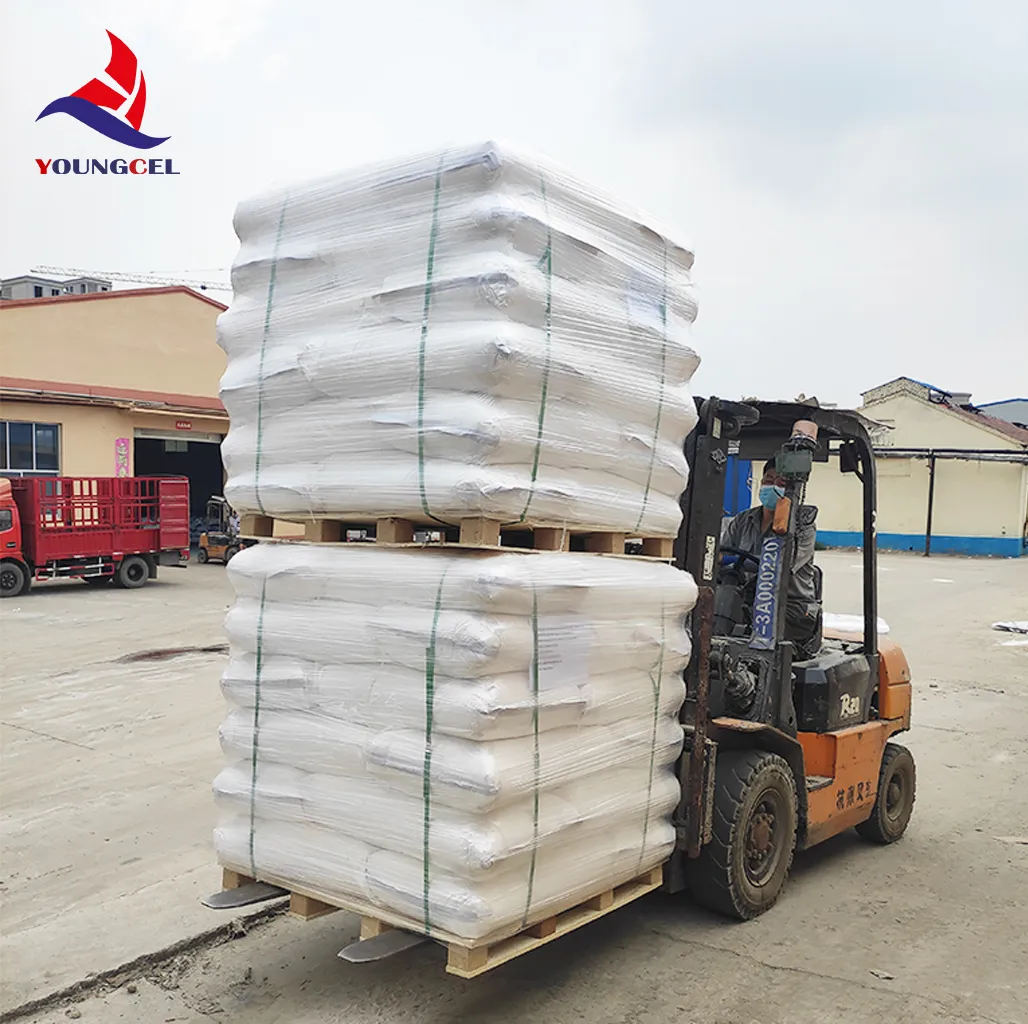Understanding Chemical Adhesives for Tile Bonding
Tile installation is a crucial aspect of both residential and commercial construction, as it affects aesthetics, durability, and maintenance. One of the key factors in ensuring a successful tile application is the choice of an appropriate adhesive. Chemical adhesives play a significant role in tile bonding, providing the required strength and flexibility for various surfaces. In this article, we will explore the types, composition, and benefits of chemical adhesives used for tile application.
Types of Chemical Adhesives
There are several types of chemical adhesives suitable for tile bonding, including thin-set mortars, epoxy adhesives, and organic mastics.
1. Thin-set Mortars These are cement-based adhesives mixed with water before application. Thin-set mortars are suitable for most ceramic and porcelain tiles on floors and walls. Variations exist, such as modified thin-set mortars, which incorporate additional polymers that enhance adhesion and flexibility, making them ideal for use in areas subject to moisture or temperature fluctuations.
2. Epoxy Adhesives Epoxy-based adhesives are extremely strong and resistant to moisture, chemicals, and temperature changes. They are ideal for heavy-duty applications such as commercial kitchens and industrial environments where tiles are exposed to harsh conditions. Epoxy adhesives also come in various formulations, including high-performance options that offer excellent bond strength and durability.
3. Organic Mastics These adhesive compounds are made from organic materials and are often pre-mixed for ease of use. They are less moisture-resistant than thin-set mortars and epoxies, so they are better suited for dry environments or residential applications with less exposure to water.
Composition of Chemical Adhesives
The chemical composition of tile adhesives varies depending on the type but typically includes a combination of polymers, fillers, and additives.
- Polymers These are crucial for enhancing the adhesion, flexibility, and overall performance of the adhesive. They allow the adhesive to expand and contract with changes in temperature, preventing cracking and ensuring a lasting bond.
- Fillers Fillers provide bulk to the adhesive and improve its workability. Common fillers include silica sand and clay, which contribute to the adhesive's texture and application properties.
chemical for tile bond

- Additives Various additives are included in adhesive formulations to enhance performance in specific applications. For example, anti-fungal agents may be added for moist environments, while retarders are incorporated to increase the working time of the adhesive.
Benefits of Chemical Adhesives in Tile Bonding
Chemical adhesives offer numerous advantages that enhance the tile installation process.
1. Strong Adhesion The primary benefit of chemical adhesives is their ability to form a strong bond between tiles and substrates. This is critical for preventing tile warping, lifting, or cracking.
2. Flexibility Many modern adhesives provide flexibility, allowing for movement without compromising the bond. This is particularly important in environments where temperature variations are common.
3. Moisture Resistance With the right adhesive, tiles can be installed in wet areas like bathrooms and kitchens, preventing damage from moisture exposure.
4. Ease of Application Many chemical adhesives are designed for simple mixing and application, often requiring no special tools or equipment. This user-friendly feature saves time and labor costs.
5. Durability Chemical adhesives contribute to the longevity of tile installations. They resist wear and degradation, ensuring that tiles remain securely bonded over time.
Conclusion
In conclusion, chemical adhesives are vital for effective tile bonding, offering various options to meet the needs of different installations. Their unique compositions provide strong adhesion, flexibility, and moisture resistance, making them indispensable in both residential and commercial settings. Understanding these products allows homeowners and contractors to make informed decisions, ensuring that tiles not only look beautiful but also last for years to come.
-
The Application and Significance of Construction RdpNewsMay.19,2025
-
Industrial Grade HpmcNewsMay.19,2025
-
Building Coating Adhesive Building Coating Adhesive HpmcNewsMay.19,2025
-
Application Of Hpmc For Detergent For Detergent In DetergentsNewsMay.19,2025
-
Application Of Hpmc Cellulose In Cement-Based MaterialsNewsMay.19,2025
-
Application Of High Quality Hpmc For Construction In The Field Of ConstructionNewsMay.19,2025




